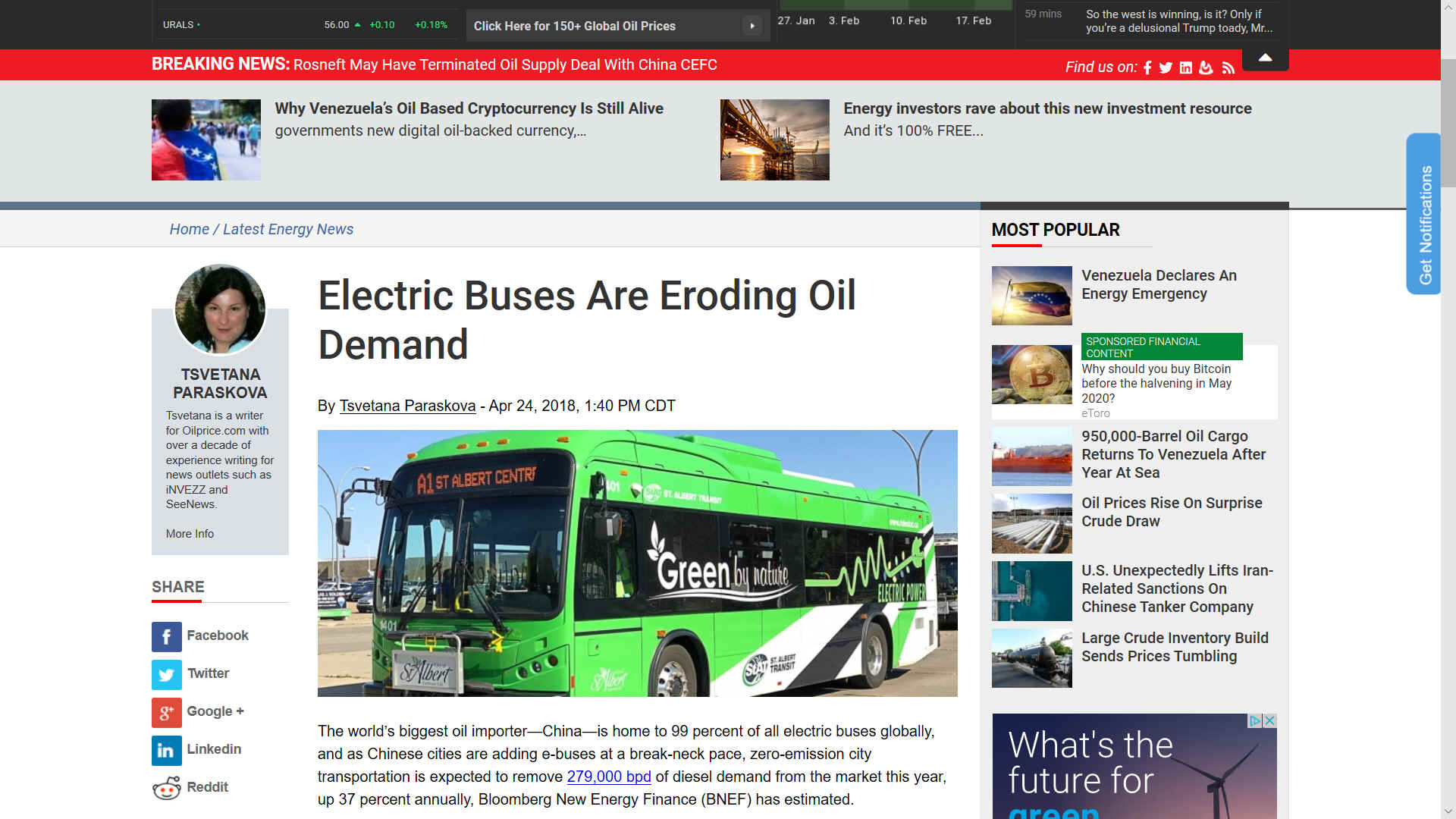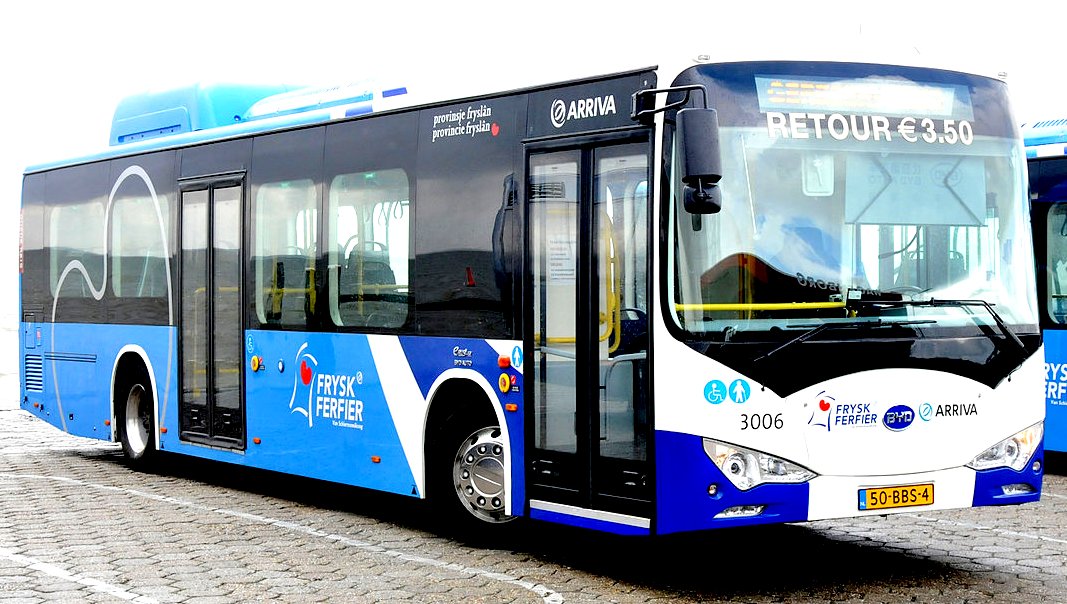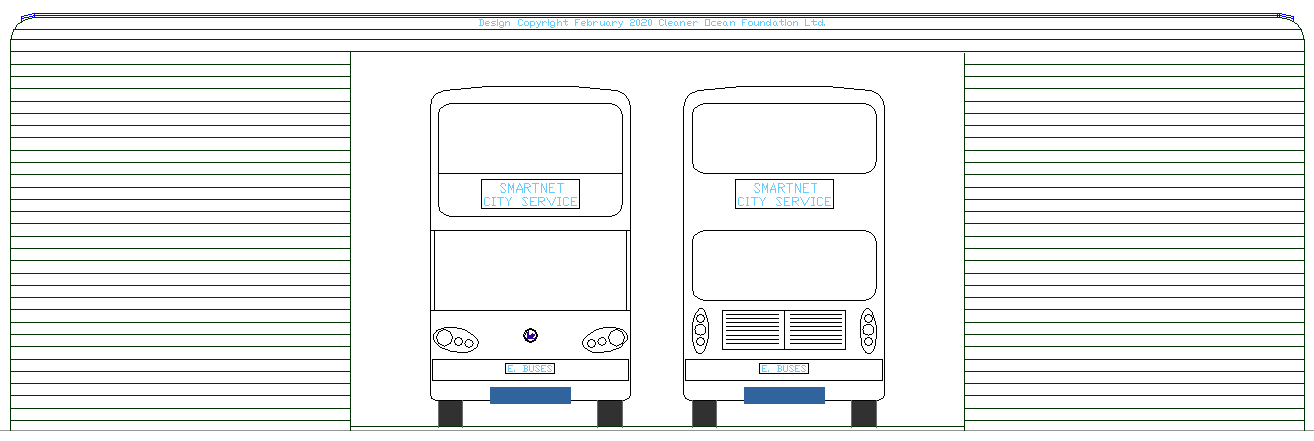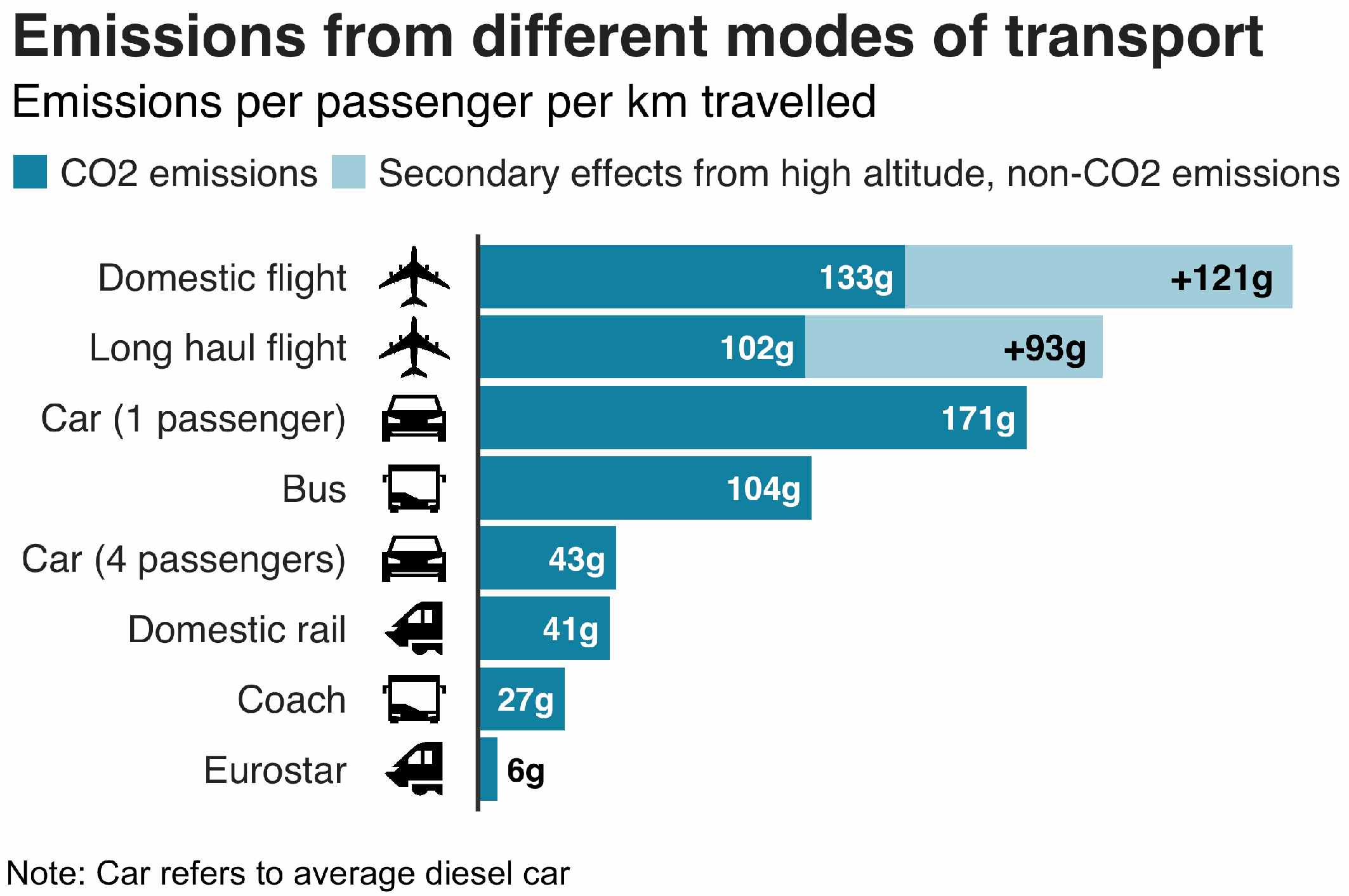|
BYD - PSVs
Please use our A-Z INDEX to navigate this site, or return HOME
|
|||||||||||||||||||||
BLOOMBERG EXTRACT 2018 - Electric buses were seen as a joke at an industry conference in Belgium nine years ago when the Chinese manufacturer BYD showed an early model. Suddenly, buses with battery-powered motors are a serious matter with the potential to revolutionize city transport - and add to the forces reshaping the energy industry. China had about 99 percent of the 385,000 electric buses on the roads worldwide in 2017, accounting for 17 percent of the country's entire fleet.
BYD Co Ltd is a Chinese manufacturer of automobiles, battery-powered bicycles, buses, forklifts, solar panels, rechargeable batteries (varied inc. bulk-storage from renewable energy), trucks, etc., with its corporate headquarters in Shenzhen. It has two major subsidiaries, BYD Automobile and BYD Electronic. It was founded in February 1995.
BYD has grown to become a major manufacturer of automobiles, battery-powered bicycles, buses, truck, forklift, solar panels, rechargeable batteries, and most notably mobile-phone batteries.
In 2015, BYD sold about 6,000 of these buses worldwide. BYD became the world leader in the sale of electric vehicles in 2015.
BYD K9
The first BYD battery
electric bus was manufactured on September 30, 2010 in Changsha city of Hunan province. It followed models like F3DM, F6DM and e6. K9 has a 12-meter body length and 18-ton weight with one-step low-floor interior. It is reportedly priced at 2–3 million yuan (S$395,000 - S$592,600). It has been running and/or tested in China, India, Japan, Hong Kong, U.S., Colombia, Chile, Spain, Netherlands, Denmark, Aruba and Singapore. More than 200 K9s in service in Shenzhen had accumulated over 9,216,000 km (or 5,529,600 miles) by the end of August, 2012.
BYD's official specs publication on its electric bus includes:
PURCHASE & RUNNING COSTS
The company explained the concept of "Zero Costs" by comparing difference between the five-year cost of running a conventional taxi in Shenzhen, as against its all-electric taxicab. It came to the conclusion that "if the car runs for 5 years, and the total saving over 5 years is deducted from the higher cost of the vehicle and the interest on multiple payments, it can save 326,400 RMB.
The company also claimed that if enough distance is covered, "the vehicle payment will be entirely offset". BYD also promoted the "Zero Emission" feature of its renewable-energy vehicles by stating that "an e6 electric taxi saves 14,120 litres of fuel per year, with 32 tonnes fewer CO2 emissions", and "169 million litres of fuel could be saved with CO2 emissions reduced by 38.62 million tonnes per year" if all Chinese taxis were to be replaced with its electric vehicles.
BDY
HISTORY
EV DEVELOPMENT
The
idea of using electricity for long
distance routes for buses and coaches is relatively
new. Electric buses and
trams (EBs) have been around in niche application areas for over a hundred years, but
the recent advent of lithium batteries
has (potentially) enabled the range of electric
vehicles to increase to several hundred miles, making them
more attractive for operators.
TRUCKS, LUTONS, PANEL VANS - One size fits all. Most existing vehicles might be converted. All you need is the service station. These stations also service buses, coaches and cars, while they provide load leveling mobility security. Trucks come in all shapes and sizes, form rigid flatbeds to articulated lorries, mostly defined by their cubic carrying capacity and weight. The service station above caters for all standard sized vehicles and is Copyright February 2020 © all rights reserved, Cleaner Ocean Foundation Ltd.
MAKES OF ELECTRIC BUSES & COACHES
- BDY
MAKES OF ELECTRIC TRUCKS
- DAF - Renault - MAN - Volvo
EUROPEAN AUTO MANUFACTURERS INCLUDE:
- Audi - BMW - Citroen - Fiat - Ford - Lotus - Mercedes - Peugeot - Renault - Seat - Smart
....
CONTACTS
Bluebird Energy Systems (SME) PIC No: 895922168
Cleaner Ocean Foundation (Not for profit) PIC: 915580382
LINKS & REFERENCE
https://www.busworld.org/industry/industry-news/bus-coach-manufacturers https://en.wikipedia.org/wiki/List_of_electric_bus_makers_and_models https://ec.europa.eu/jrc/en/news/e-vehicle-market-europe-slowly-gaining-momentum https://economictimes.indiatimes.com/ashok-leylands-new-electric-bus-may-turn-focus-on-battery-swaping/articleshow/62845416.cms https://kojects.com/2016/07/25/jeju-introduces-electric-buses-with-swapping-battery/ https://www.ndtv.com/india-news/up-government-clears-proposal-for-operation-of-700-electric-buses-across-14-cities-2146062
Please use our A-Z INDEX to navigate this site
|
|||||||||||||||||||||
|
This website is provided on a free basis as a public information service. copyright © Climate Change Trust 2020. Solar Studios, BN271RF, United Kingdom.
|



